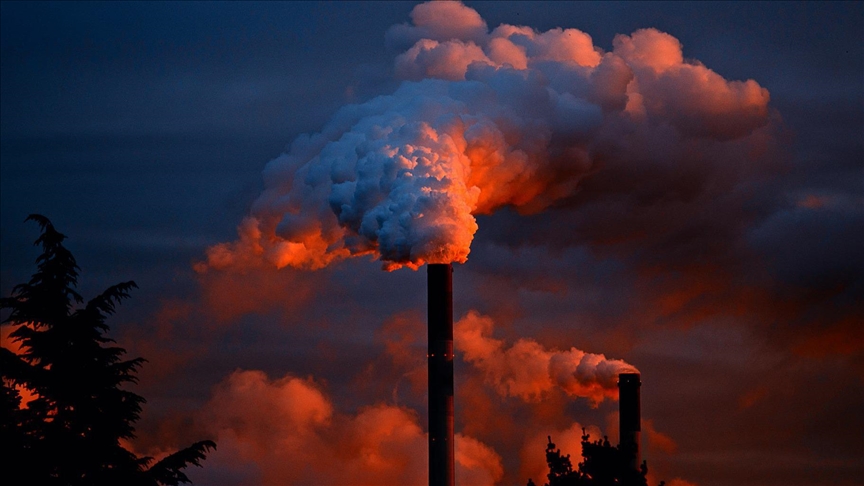Pollution kills more than 9M people each year globally: Study
More than 90% of pollution-related deaths take place in low- and middle-income countries, says study published in Lancet Planetary Health

ANKARA
Despite declines in deaths from household air and water pollution, pollution still kills more than 9 million each year, or one in six deaths worldwide, according to research published Wednesday in a top medical journal.
"Over the past two decades, deaths caused by the modern forms of pollution have increased by 66%, driven by industrialisation, uncontrolled urbanisation, population growth, fossil fuel combustion, and an absence of adequate national or international chemical policy," said the study in Lancet Planetary Health.
More than 90% of pollution-related deaths happen in low- and middle-income countries.
Air pollution causes over 6.5 million deaths each year globally, while lead and other chemicals are responsible for 1.8 million deaths.
Increases in pollution-related deaths are especially evident in south Asia, east Asia, and southeast Asia.
In Africa, household air pollution and water pollution are still the main causes of pollution-related disease and death.
"Although high-income countries have controlled their worst forms of pollution, only a few low-income and middle-income countries have been able to make pollution a priority, devoted resources to pollution control, or made progress," the research said.
Researchers in the study said urgent attention is required to control pollution and prevent pollution-related disease, adding that most countries have done little to deal with this enormous public health problem.
The triad of pollution, climate change, and biodiversity loss are closely linked but they are largely ignored in the international development agenda, the researchers said, adding: "Successful control of these conjoined threats requires a globally supported, formal science–policy interface to inform intervention, influence research, and guide funding."







